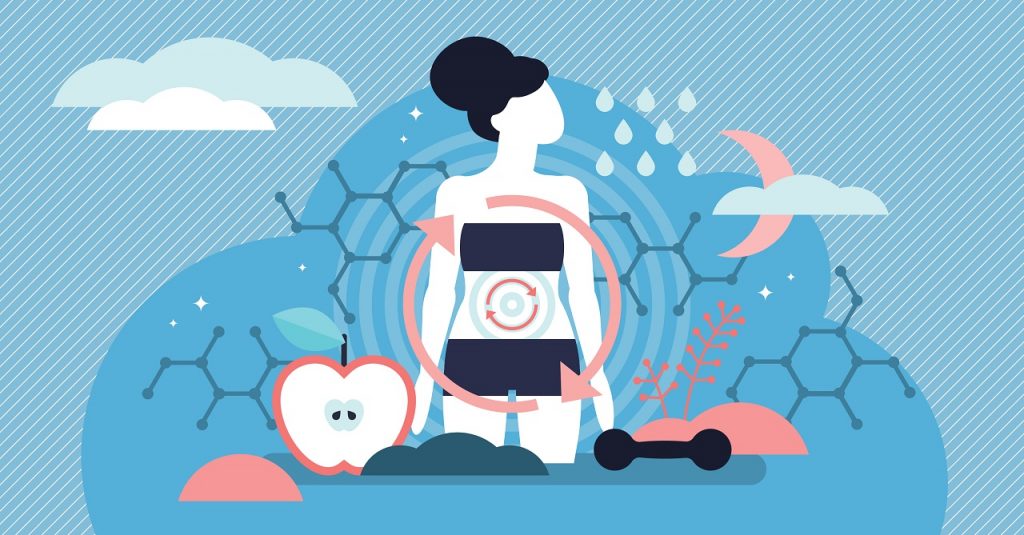Desserts are an absolute favorite food item and sugary foods are more popular in some specific areas of the world such as Austria, France, and Germany. Interestingly, the per person intake of sugar here is between 33kg and 34kg. But every person metabolizes sugar differently. Desserts are not always bad food choices and they can actually reduce appetite, irrespective of their calorie value.
Veronika Somoza and her team members from the Department of Physiological Chemistry at the University of Vienna conducted a study to find out how the body activates sweet receptors to have a fulfilling sensation.
The complete study findings are published in Nutrients, an open-access journal.
The research team planned a blinded and cross-over intervention plan using glucose as well as sucrose, two common sugar types. 27 people were chosen to be a part of this study. All of them were between 18 to 45 years and healthy. They were given a 10% glucose solution or 10% sucrose solution daily or any of the sugar solution added with nearly 60 ppm of lactisole.
Also Read: Pregnant Women Should Not Use Advil In Last Four Months of their Pregnancy- FDA Warning
Lactisole plays a helpful role in binding at the sugar receptor and lowering the perception of hunger. Surprisingly, all of the sugary solutions, irrespective of their type and addition of lactisole provide the same amount of energy.
All participants were requested to take the sugary solution in the morning and eat their regular or preferred breakfast after two hours. The blood samples were obtained from the participants before and after taking a sugary drink, as well as after breakfast, with intervals along with their body temperature.
By taking this lactisole-based sugar solution, every person’s breakfast calories increased by 13% which means nearly 100 kilocalories added to their regular breakfast calories as compared to sugar solution with no lactisole inside.
People from this group also had a low body temperature along with low plasma-serotonin concentrations. Serotonin is a naturally occurring neurotransmitter and hormone which improves mood and reduces appetite. On the other side, the research team found no such changes in the other group taking sugary solutions alone.
These results suggest that sucrose inside any food source or even in desserts can help to reduce appetite and hunger. It controls the satiety through the sugar receptors in the body.
Also Read: Computers Can Identify Male and Female Brains through Sex-based Differences in the Human Brain
Kerstin Schweiger from the University of Vienna is the first author of this study. According to her, there is no explanation as to why the effects were not changed for glucose infused with lactisole solution. But there are high chances that both glucose and fructose have a different way of acting upon the sweet receptors. Another assumption is that probably this mechanism works independently of the receptor play.
This study doesn’t lead to a conclusive end but opens a new debate to understand the link of sugar consumption, satiety control, and the role of receptors. These sweet receptors are even a part of the human digestive tract and there is no proper explanation for their role in the digestive system. There are so many things about metabolism that needs an explanation and it will take some more time to finally get the answers.


